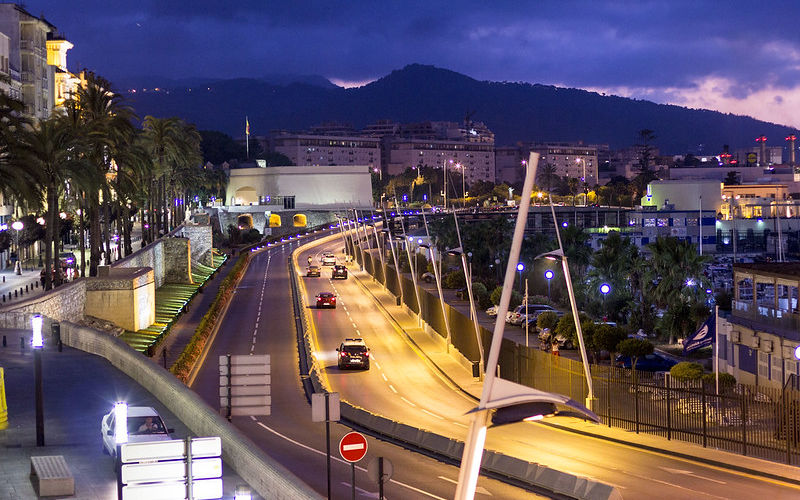Ceuta’s Silent Struggle: Morocco’s Grip Tightens as Authorities Look Away

Journalist Ignacio Cembrero has criticized the silence of the authorities in Ceuta and the Spanish government in the face of the "consented" asphyxiation of the autonomous city by Morocco.
"The consented asphyxiation of Ceuta. Morocco is choking the city, but the public authorities and civil society in Ceuta are not resisting." This is the title of the communication delivered by Cembrero at the Ceuta Siglo XXII Forum held this weekend at the Royal Walls Museum. In his speech, the Spanish journalist denounced the silence of the authorities in the face of situations affecting the autonomous city, in particular the partial opening of commercial customs, which he described as a "mockery".
In Ceuta as in Melilla, the borders have become "merciless" spaces where fundamental rights are violated, Cembrero regretted. "Arbitrariness is the norm," he said, blaming the local authorities and the Spanish executive for their inaction in the face of these restrictions. The journalist noted that the situation has worsened compared to previous years, citing the case of cross-border workers who have lost their jobs in the autonomous city due to the imposition of a Schengen visa to travel to Ceuta after the reopening of the borders.
Economists Sony Vashdev Lalawani and Emilio Lamorena Guil analyzed the current and future economic situation of Ceuta in their respective communications. They proposed innovative measures such as the creation of an ice rink in the maritime park or the installation of a floating hotel to increase the tourist offer of the autonomous city. As economic solutions, Lamorena stressed the need to create venture capital companies to finance sustainable long-term projects.
For his part, Vashdev advocated a "slow tourism" model by focusing on the enhancement of Ceuta’s natural and military heritage. The experts also highlighted the structural challenges of the city, such as the endemic youth unemployment rate (61.8% among under-25s), the dependence on the public sector, and the limited hotel capacity of the enclave. They propose to stimulate domestic demand, and to position Ceuta as a competitive and resilient destination.
Related Articles
-

Fuel Feud: Moroccan Truckers Hit with Hefty Fines at Spanish Border
20 September 2025
-

Moroccan Teen’s Harrowing Escape from Jungle Captivity Sparks Hope
17 September 2025
-

Catalonia’s Arabic Language Boom: 1,800 Students Embrace Moroccan Culture in Groundbreaking Educational Program
10 September 2025
-

Spain Flexes Military Muscle Near Moroccan Border, Reinforcing Ceuta’s Defense
6 September 2025
-

Spanish Olive Oil Industry Battles Misinformation Amid Supply Chain Scrutiny
4 September 2025